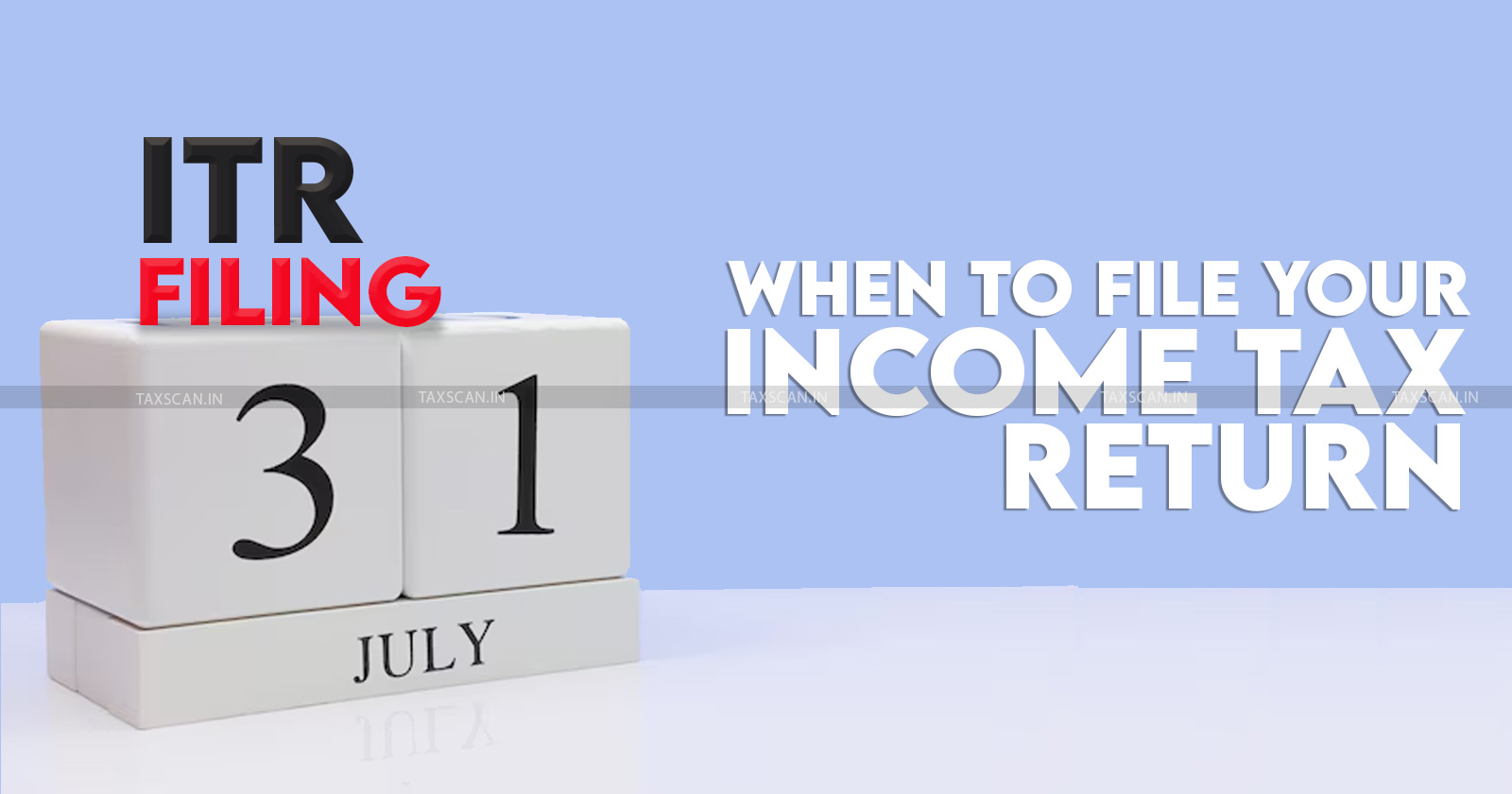Federal Unemployment Tax Act (FUTA)


1. Taxable Employers: FUTA applies to most employers who pay wages to employees, including certain nonprofit organizations and government entities. Generally, if an employer paid $1,500 or more in wages during any calendar quarter or had one or more employees for at least some part of a day in any 20 or more different weeks during the year, they are subject to FUTA.
2. Taxable Wages: The tax applies to the first $7,000 of each employee's wages annually. Wages above this threshold are not subject to the FUTA tax.
3. Tax Rates: As of 2024, the FUTA tax rate is 6% on the first $7,000 of wages paid to each employee. However, most employers can receive a credit against this tax, reducing it to effectively 0.6% if they pay state unemployment taxes on time.
4. Reporting and Payment: Employers must report wages and pay FUTA taxes annually using IRS Form 940. This form details the total wages paid, the amount of FUTA tax owed, and any credits claimed.
Example of FUTA Calculation
Let's consider an example to illustrate how FUTA taxes are calculated:
Example Company: XYZ Corp.
Step-by-Step Calculation:
1. Determine Taxable Wages: Since the FUTA tax only applies to the first $7,000 of each employee's wages, XYZ Corp. calculates the total taxable wages:
2. Calculate FUTA Tax Owed:
3. Consider State Unemployment Tax Credit: XYZ Corp. may be eligible for a credit against the FUTA tax if they paid state unemployment taxes timely. This credit can reduce the effective FUTA tax rate to 0.6%, resulting in a lower tax liability.
4. File Form 940: At the end of the year, XYZ Corp. must file IRS Form 940 to report their total wages, calculate their FUTA tax liability, and claim any applicable credits.
Conclusion:
FUTA plays a crucial role in supporting state unemployment insurance programs by providing a stable funding source through employer contributions and essential to avoid penalties and maintain compliance with federal regulations.











































